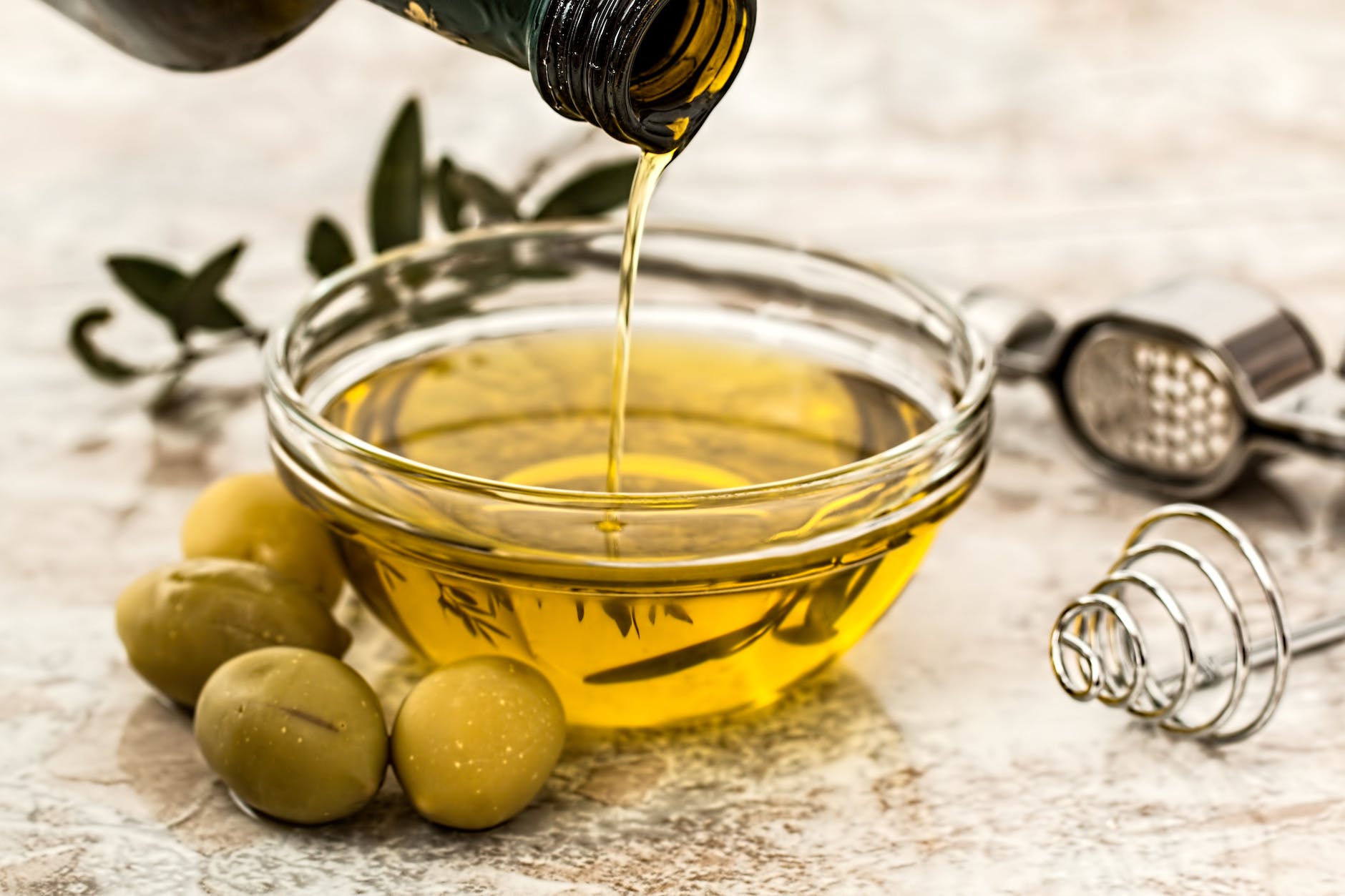Cooking oil is not just a cooking essential; it is a flavor enhancer, a texture modifier, and a culinary tool that can elevate your dishes to new heights. With a wide array of cooking oils available in the market, each with its own distinct properties and uses, understanding their characteristics becomes crucial in creating delicious and well-balanced meals. In this comprehensive guide, we will delve into the world of cooking oils, exploring their origins, flavors, health benefits, and ideal cooking techniques. Join us as we embark on a flavorful journey, discovering the versatility and magic of different types of cooking oils.
Extra Virgin Olive Oil:
- Extra Virgin Olive Oil: Let’s begin our exploration with the timeless classic – extra virgin olive oil. Derived from the first pressing of olives, this oil is celebrated for its rich, fruity flavor, and its potential health benefits. Extra virgin olive oil is best used in its raw form, drizzled over salads, vegetables, or bread, and as a finishing touch to enhance the flavors of various dishes. Its low smoke point makes it unsuitable for high-temperature cooking, but its distinct taste makes it a staple in Mediterranean cuisine.
Canola Oil:
- Canola Oil: Moving on to a more versatile option, canola oil offers a neutral flavor and a high smoke point, making it an ideal choice for a wide range of cooking techniques. Extracted from the seeds of the canola plant, this oil is low in saturated fat and contains omega-3 fatty acids, making it a heart-healthy option. With its mild taste, canola oil is perfect for frying, baking, sautéing, and even grilling. It can be used as a substitute for butter in baking or as a base for homemade dressings and marinades.
Coconut Oil:
- Coconut Oil: If you’re looking to infuse your dishes with a tropical twist, coconut oil is the way to go. Derived from the meat of mature coconuts, this oil carries a distinct aroma and flavor. With its high saturated fat content, coconut oil has a solid consistency at room temperature but melts easily when heated. It lends a rich, creamy texture to curries, stir-fries, and baked goods, and it is a popular choice for vegan and dairy-free recipes. However, due to its low smoke point, it is best used in moderate-heat cooking methods.
Avocado Oil:
- Avocado Oil: Known for its health benefits and smooth, buttery flavor, avocado oil has gained popularity among home cooks and chefs alike. Cold-pressed from ripe avocados, this oil offers a high smoke point, making it suitable for various cooking techniques, including sautéing, roasting, and grilling. Its mild taste and creamy texture make it an excellent choice for salad dressings, marinades, and dips. Avocado oil is also rich in monounsaturated fats, which are beneficial for heart health.
Sesame Oil:
- Sesame Oil: A staple in Asian cuisine, sesame oil brings a unique and distinctive flavor to dishes. Made from toasted or untoasted sesame seeds, this oil carries a nutty aroma and taste that adds depth and complexity to stir-fries, marinades, and dressings. It is often used as a finishing oil or for light sautéing due to its low smoke point. Additionally, sesame oil is available in different varieties, such as toasted sesame oil for a stronger flavor or untoasted sesame oil for a milder taste.
Grapeseed Oil:
- Grapeseed Oil: Extracted from the seeds of grapes, grapeseed oil is a versatile and neutral-tasting cooking oil. With its high smoke point and light flavor, it is suitable for a wide range of cooking methods, including frying, baking, and stir-frying. Grapeseed oil is often praised for its ability to preserve the natural flavors of ingredients without overpowering them. It is also rich in vitamin E and omega-6 fatty acids, making it a healthy choice for everyday cooking.
Vegetable Oil:
- Vegetable Oil: As the name suggests, vegetable oil is a blend of different oils derived from various plant sources. This oil is widely available, affordable, and suitable for high-temperature cooking methods. With its neutral taste and high smoke point, vegetable oil can be used for frying, baking, and sautéing a variety of dishes. It is a popular choice for deep-frying due to its ability to maintain stability at high temperatures. However, it is important to note that different brands may have varying compositions, so it’s always best to check the label and opt for oils with healthier fat profiles.
Conclusion:
With the myriad of cooking oils available, understanding their properties and uses is essential for creating culinary masterpieces in your kitchen. From the robust flavors of extra virgin olive oil to the tropical allure of coconut oil, each type of oil brings its own distinct characteristics to your dishes. By exploring the flavors, smoke points, and health benefits of different oils, you can unlock a world of possibilities in your cooking endeavors. So, embrace the diverse range of cooking oils and let them inspire you to create delicious and well-balanced meals that will delight your taste buds and elevate your culinary skills.
